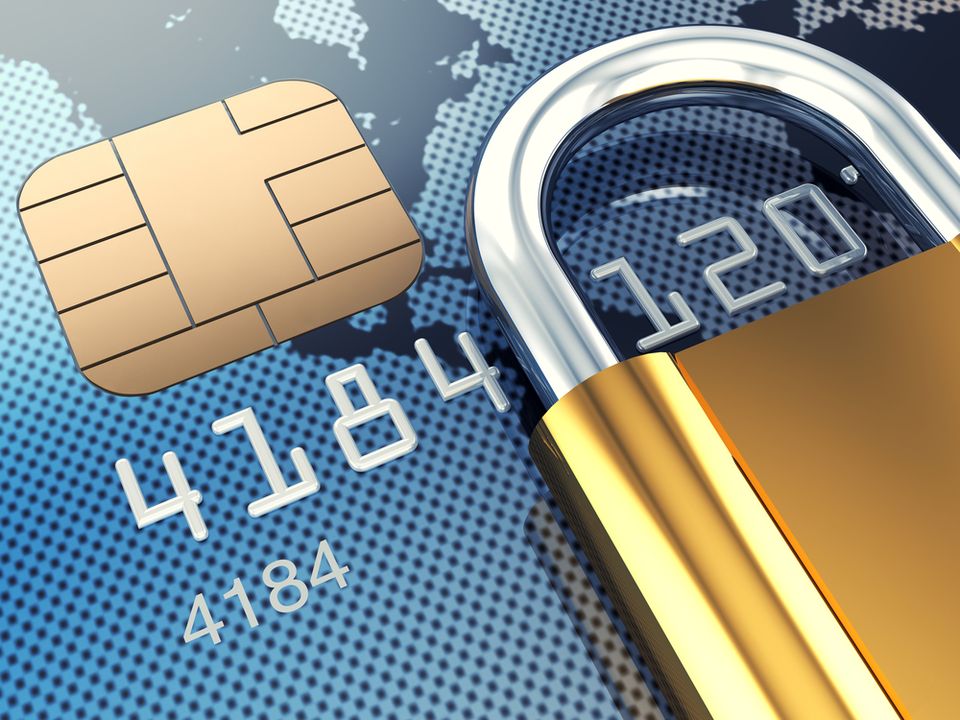
Welcome to a world where the way we manage, spend, and secure our money is evolving at a lightning-fast pace. In this article, we will delve into the transformative effect of blockchain technology on credit card security and transactions. At first glance, credit cards and blockchain might seem like disparate entities, but they are becoming increasingly intertwined as financial security becomes a paramount concern in the digital age. So, let’s explore this synergy and discover how blockchain is revolutionizing the credit card industry.
A Primer on Blockchain Technology
Before we can understand the impact of blockchain on credit cards, we must first grasp what blockchain is and how it operates. Blockchain is essentially a distributed ledger technology that maintains a continuously growing list of records, called blocks, which are linked and secured using cryptography. Each block contains a cryptographic hash of the previous block, a timestamp, and transaction data, making it nearly impossible to alter retrospectively.
This technology underpins cryptocurrencies like Bitcoin and Ethereum, but its potential extends far beyond that. Blockchain’s inherent characteristics such as decentralization, transparency, and immutability make it an attractive solution for a variety of industries, including finance. Let’s break down how these features can bolster credit card security and transaction efficiency.
Enhancing Security with Decentralized Ledgers
One of the primary advantages of blockchain is its decentralized nature. Unlike traditional banking systems where data is stored centrally, blockchain distributes copies of the ledger across a network of computers. This means that for a hacker to compromise transaction data, they would need to alter every copy of the ledger simultaneously, which is virtually impossible.
For credit card transactions, this could translate into a significant reduction in fraud. Credit card information is currently a prime target for cybercriminals, but blockchain’s decentralized approach means that sensitive data isn’t held in a single location that can be easily breached. Instead, credit card numbers and personal information could be encrypted and stored on the blockchain, providing a much higher level of security for consumers and merchants alike.
Streamlining Transactions with Increased Efficiency
Blockchain technology not only offers enhanced security but also the potential for increased efficiency in credit card transactions. Traditional credit card payments go through a series of intermediaries, including banks, payment processors, and networks like Visa or Mastercard. This process can be time-consuming, resulting in transactions that take days to fully settle.
Blockchain could streamline this process by enabling direct peer-to-peer transactions without the need for middlemen. This could lead to faster transaction times and lower fees, as the cost of maintaining the network is spread across all participants. For consumers and businesses, this means quicker access to funds and a more seamless purchasing experience.
Reducing Fraud with Smart Contracts
Smart contracts are self-executing contracts with the terms of the agreement directly written into code. They are a feature of some blockchain platforms and can play a pivotal role in reducing credit card fraud. With smart contracts, rules can be established that must be met before a transaction is approved. For example, a smart contract could require multi-factor authentication before processing a high-value transaction, ensuring that only authorized users can make such purchases.
In the credit card industry, smart contracts can minimize the occurrence of unauthorized transactions. They provide an additional layer of security that can protect both the cardholder and the merchant, potentially reducing chargebacks and disputes. As smart contracts are automated and tamper-proof, they can also reduce the administrative burden and associated costs of fraud prevention.
Integrating Blockchain with Existing Payment Networks
While the potential of blockchain is vast, it’s important to consider the practicalities of integrating this technology with existing credit card payment networks. Major credit card companies are already exploring blockchain solutions to enhance their offerings. For instance, Visa has developed a blockchain-based system called Visa B2B Connect, which facilitates cross-border corporate transactions.
The integration of blockchain into existing payment networks must be done thoughtfully to ensure compatibility and interoperability. It requires collaboration between technology providers, financial institutions, and regulatory bodies to create standards and frameworks that support the secure and efficient use of blockchain for credit card transactions.
The Future of Credit Card Transactions
As we look towards the future, it’s clear that blockchain has the potential to reshape the landscape of credit card security and transactions. Not only does it promise to make payments more secure and efficient, but it also opens the door to new features and services that could enhance the consumer experience. Imagine a future where credit card rewards are instantly credited using cryptocurrency, or where international purchases are settled in seconds rather than days.
Blockchain stands as a beacon of innovation in the realm of credit card security and transactions. It challenges the status quo and offers a glimpse into a future where financial transactions are faster, more secure, and more user-friendly. As we embrace this technology, we must approach it with a balance of enthusiasm and caution, ensuring that it serves the best interests of all stakeholders in the credit card ecosystem.